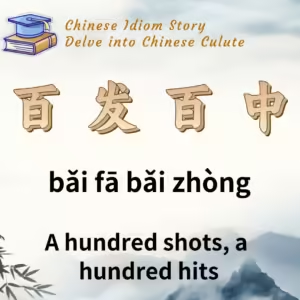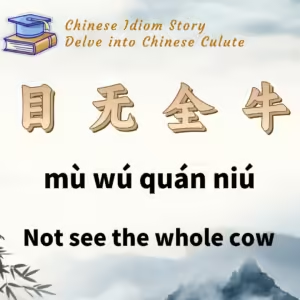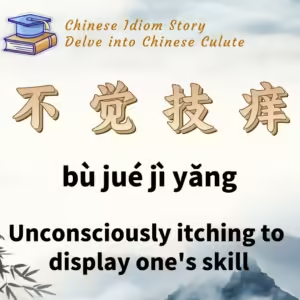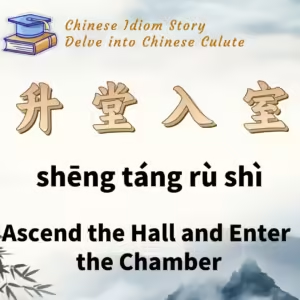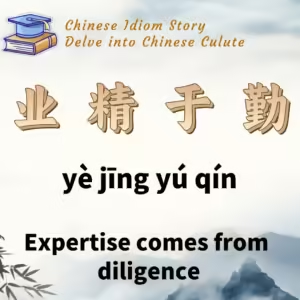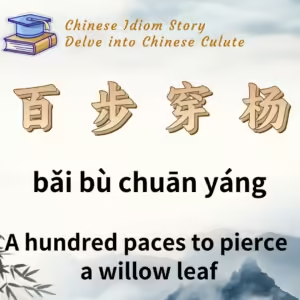
Chinese Idiom: 百步穿杨 (Bai Bu Chuan Yang)
English Translation: A hundred paces to pierce a willow leaf
pīn yīn: bǎi bù chuān yáng
Idiom Meaning: This idiom describes someone who has exceptional skill in archery. It is also used metaphorically to indicate that someone has an extremely high level of expertise or proficiency in a particular field.
Historical Source: 《战国策 · 西周策》 (Strategies of the Warring States · Western Zhou Strategy)
Idiom Story:
In ancient China, there was a famous archer named Yǎng Yóujī (养由基) from the state of Chu. Renowned for his remarkable archery skills, he was a master of his craft. Another skilled archer of the time was Pán Hǔ (潘虎), who was also known for his prowess with the bow and arrow.
One day, the two archers decided to hold a contest. The target was set at fifty paces, with a board placed there featuring a red heart as the bullseye. Pán Hǔ took the first turn, and with three arrows, he hit the red heart perfectly each time, earning him much acclaim from the spectators.
When it was Yǎng Yóujī’s turn, he suggested a more challenging target: a willow leaf set at a distance of a hundred paces. The spectators were skeptical, but Yǎng Yóujī confidently drew his bow and shot the arrow. The arrow pierced the willow leaf right in the center. The crowd was astonished.
To further demonstrate his skill, Pán Hǔ asked Yǎng Yóujī to shoot at three numbered willow leaves, each with a different color. Yǎng Yóujī, maintaining his composure, shot all three leaves in order from a hundred paces away, hitting each one accurately. The crowd erupted in admiration, and Pán Hǔ was convinced of Yǎng Yóujī’s superior archery skills.
However, amid the celebration, a bystander remarked that while Yǎng Yóujī’s skill was impressive, true mastery required more than just technical ability. He advised Yǎng Yóujī to focus not only on his skill but also on maintaining his reputation and ensuring that his achievements were not tainted by any failure.
This story illustrates not only the exceptional skill of Yǎng Yóujī but also serves as a cautionary note on the importance of sustaining one’s reputation and being mindful of the potential for future shortcomings.

